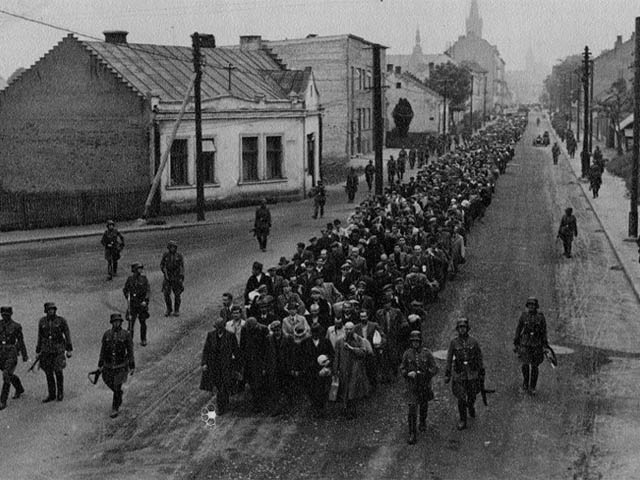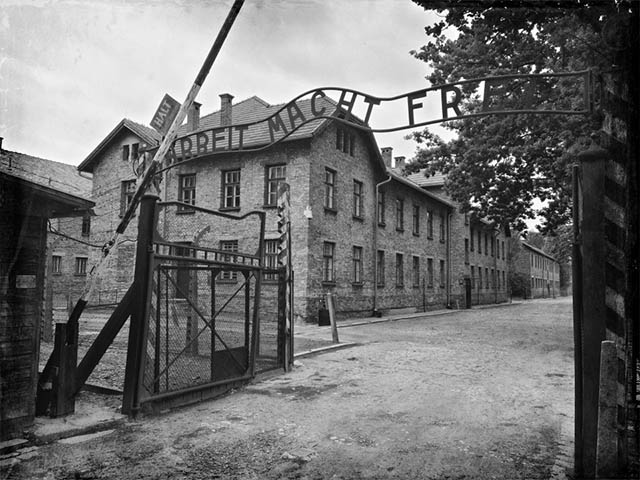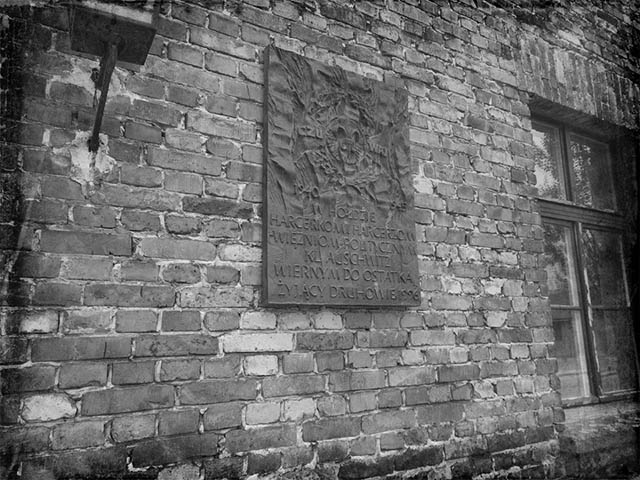National Day of Remembrance for the Victims of German Nazi Concentration and Extermination Camps
On June 14, we celebrate the National Day of Remembrance for the Victims of German Nazi Concentration and Extermination Camps. The date 14.06 is not accidental, because that day the first transport of Polish prisoners from Tarnów arrived to Auschwitz.
This was not the first transport of prisoners to Auschwitz, because on May 20, 1940, 30 German prisoners, criminals from KL Sachsenhausen, were sent to Auschwitz, who created the beginning of the camp's functional staff.
The transport of Polish prisoners from Tarnów was the first to have a mass character. There were 728 men in it, the vast majority of whom were Polish political prisoners. About 200 of them survived the war.
On the web you will find a lot of materials on this subject, as well as texts, infographics or movies on various streaming platforms.
Today, I would like to raise another issue. The fact that a lot of people died during the war, and in all kinds of camps they were mainly Jews, does not diminish the fact that the victims were also people deported from all of occupied Europe, and that should be remembered!
The same goes for the torturers. According to the UN, the correctly used name for Nazi camps in the occupied Polish territories is the German Nazi camp (labor, concentration, extermination, etc.). Let us remember that while the initiators of the camp machine were Germans, they were also served by citizens of other countries who were in alliance with Germany. I would also be unfair if I ignored the behavior and crimes of the units that liberated the camps, as well as the topic of the Ratlines and the participation of the Vatican in helping and concealing the torturers, as well as the Allies who employed some people in their services after the war.
Each country had its heroes and anti-heroes of those events; there were good and bad people on both sides of this conflict. There are thousands of examples.
I consider this project historic. If we don't have to, then let's not mix politics, origin or religion. We will not turn back time, and the arguments who was better or worse, or which system contributed to the death and suffering of people is history - which we will pass on to future generations.


